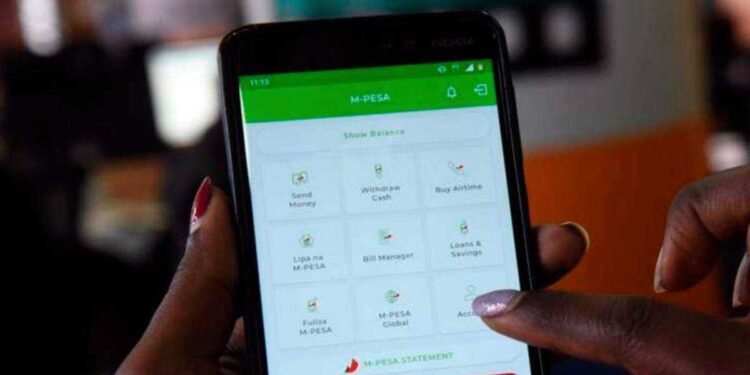Why do Safaricom and other telcos set expiry dates on airtime and data bundles? It’s a frustrating experience that keeps raising questions among consumers.
The official response from telecom companies usually falls under network capacity management. Telcos argue that they purchase upstream bandwidth, usually through undersea fibre cable connections, on a monthly basis.
Therefore, they claim that bundle expiry timelines help them predict and manage traffic loads, ensuring consistent service quality
Further, the theory explains that knowing when and how data will be consumed allows telcos to plan better.
Also Read: Safaricom Home Fibre Plans and Prices in 2025
Questions Raised Over Data Expiry
However, if telecommunication companies say unused data from August can’t be rolled over to September, how come some bundles have 60 or even 90-day validity?
If a customer is using the same data over a longer period, then it means that the system can handle it.
Also, Safaricom and other telcos offer unlimited data plans, which raises the question of whether telcos need exact forecasts, as unpredictable services would throw their planning into chaos.
But they exist, and telcos profit from them just fine. So, should your data bundles really expire?
Normally, the shorter the expiry, the cheaper the data bundle. An example is Safaricom’s Power Hour Bundle. You get 1.2GB of data for Ksh20 but you only have one hour to use it.
The same Ksh20 valid for 24 hours gets a customer 200MBs of data. That is less than half of the data offered for the exact same price.
Also Read: How to Send Money Internationally Using M-PESA
At a past interview, Vodacom indicated that “The shorter the expiry period, the greater the certainty of usage.”
This means that telcos prefer to know when you will use your data, because it helps them maximise profits and they can nudge you to buy more expensive bundles with longer expiries.
Under the current regulatory rules, licensed operators are free to determine the terms and conditions of the service tariffs unless one is considered and declared an abusive dominant player. In this case, the regulator can now dictate how they price and deliver their communication service.
At the end of the day, data is a service, therefore, it does not go stale. A customer should be able to use it when they want.
Under the current regulatory rules, licensed operators are free to determine the terms and conditions of the service tariffs unless one is considered and declared an abusive dominant player.
In this case, the regulator can now dictate how they price and deliver their communication service.
Follow our WhatsApp Channel and X Account for real-time news updates.




















































![Senator Allan Chesang And Chanelle Kittony Wed In A Colourful Ceremony [Photos] Trans Nzoia Senator Allan Chesang With Channelle Kittony/Oscar Sudi]( https://thekenyatimescdn-ese7d3e7ghdnbfa9.z01.azurefd.net/prodimages/uploads/2025/11/Trans-Nzoia-Senator-Allan-Chesang-with-Channelle-KittonyOscar-Sudi-360x180.png)






















